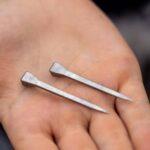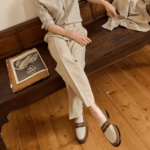When looking for commercial flooring, the desired qualities are durability, ability to withstand heavy foot traffic, versatility, ease of maintenance, suitability for your specific application, and cost-effectiveness. You can find all these features in commercial vinyl flooring, which makes it one of the most practical flooring solutions nowadays.
Commercial vinyl floors are available in several forms, including vinyl tiles, luxury vinyl tiles, sheet and planks. Even though they are all vinyl and share the same advantages, they still have certain differences. Depending on the type of facility or business you’re running, you may find one better than the other. So, let’s see what are the characteristics of each type of commercial vinyl floor.
Vinyl Composition Tile

When looking for high-quality commercial vinyl flooring, vinyl composition tile (VCT) definitely stands out. It is made from limestone, filler materials, a thermoplastic binder, and colour pigments. The materials are fused into sheets, then cut into tiles, and after that treated with layers of polish.
When it comes to appearance, VCT is mostly known for mimicking stone and ceramic tile as it has seams between the pieces. It’s a preferred choice for high-traffic areas because it’s easy to replace. For instance, tiles can be damaged by the heat of cigarettes, hot pans, and other heating appliances, but you have the possibility to change only the tile that is damaged, instead of changing the entire floor (as is the case with vinyl sheet).
Vinyl composition tiles are water-resistant and this makes them very useful for spaces exposed to moisture such as bathrooms. Opposed to commercial hard flooring cleaning, maintaining these vinyl floors is very easy and simple. You just need to give them a regular mopping with some water. With the proper care, VCT can last from 10-15 years.
Luxury Vinyl Tiles
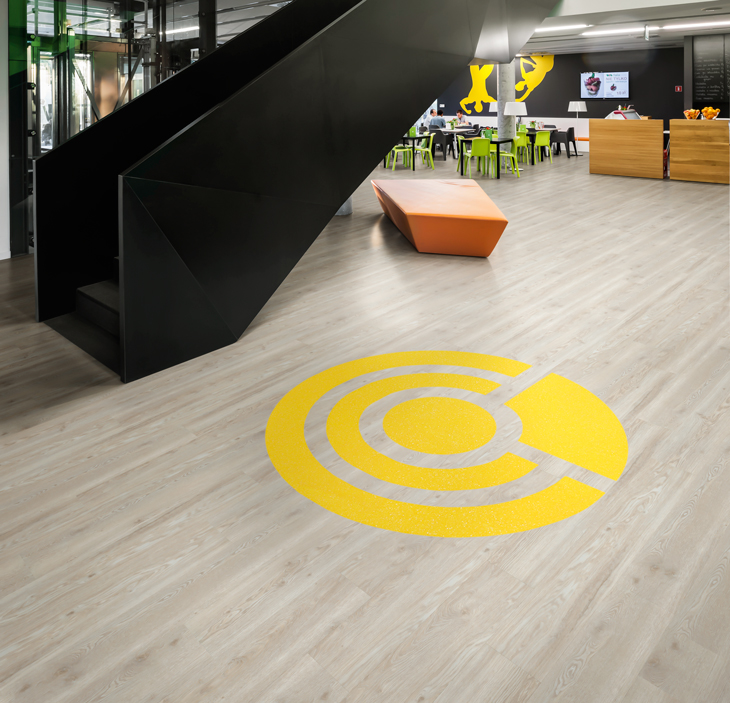
A luxury vinyl tile (LVT) is a multi-layered and resilient vinyl flooring type. For the manufacturing of LVT, limestone-based material is mixed with composites. It is covered with a digital graphic film and is sealed up with a protective outer-wear layer. The typical size for tile is 16 x 16 inches, but smaller and larger sizes are also available.
This type of vinyl tile can be made to closely mimic almost any surface, however, designs that stimulate stone and ceramic tiles are most common. In addition, LVT also boasts exceptional durability, even in the most heavy-duty settings, and requires minimal maintenance. The everyday maintenance includes sweeping, vacuuming and wiping up of spills and stains.
Generally, LVT is somewhat more durable than VCT as its wear-layer is usually thicker. However, it can fade over time if it gets too much direct light. So, in order to prevent this, shading windows are highly recommended. If it’s well-cared, LVT will last about 20-25 years. Due do all these features, LVT is more expensive than VCT.
Vinyl Sheet
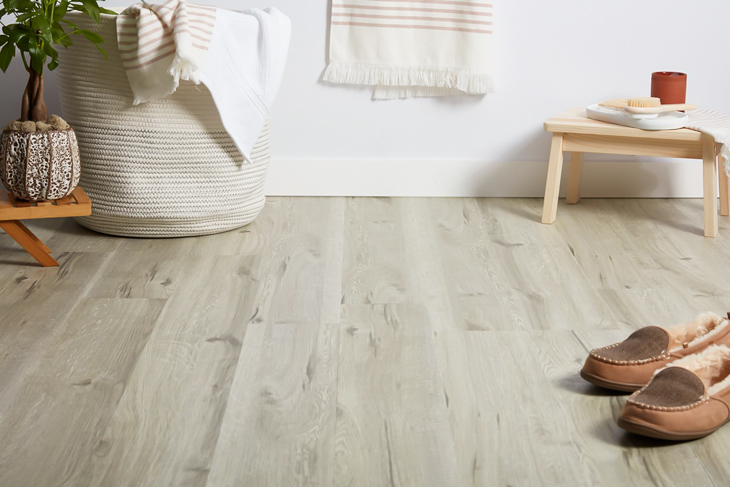
Sheet vinyl flooring is constructed of polymers, but there’s also an internal felt layer, a digital graphic film layer (which, in fact, gives the look of wood, stone, etc.), and a protective outer-wear layer. It is manufactured in sheets which can be 6 to 16 feet wide. It is quite durable and it’s great for use in applications where flooring should be as seamless as possible. As it minimizes tripping hazards, it is a major priority in hospitals, healthcare facilities, and assisted living homes. In addition, it is water- and moisture-resistant. Even though all types of vinyl flooring are such, sheet vinyl provides a much better barrier against moisture because it is a whole roll and doesn’t have those seams and cracks that tiles have, through which moisture can seep down.
Wondering how long does vinyl sheet flooring last? Sheet vinyl is pretty durable, and with proper installation and maintenance, it can last about 10-12 years. Although 10 years is not a short period, there are other vinyl flooring types that can last much longer.
The vinyl sheet flooring comes at a pretty reasonable cost. However, the price varies based on vinyl grade. For instance, commercial-grade ones designed to resist high traffic load are more expensive than the simpler grades.
Vinyl Planks
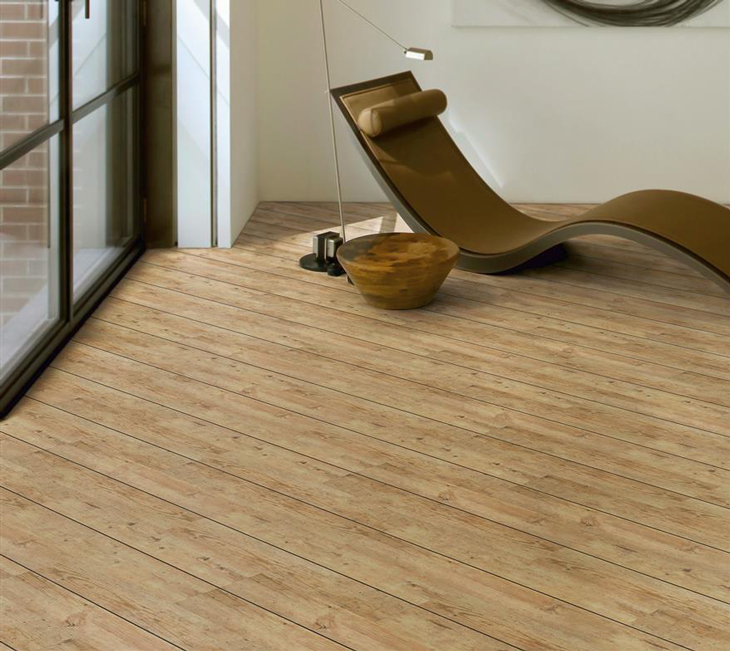
Vinyl planks are made to resemble the appearance of hardwood boards, but costing much less. Although less frequently, there is also ceramic plank flooring. Regardless of the design, there are 3 different types of vinyl planks, including luxury, waterproof, and rigid core vinyl planks.
A great advantage of choosing vinyl planks is that they’re very easy to install, and you can do the installation on your own. They are also water-resistance and easy to clean. Vinyl planks don’t scratch easily, but under greater pressure, they can still be damaged and repairs can be a little tricky. You may be able to repair small areas of damage with a proper vinyl repair kit, but the patched area will not be a perfect match. After a few such repairs, you may have to replace entire planks.

